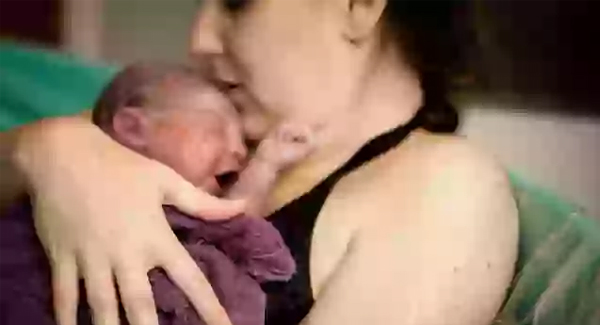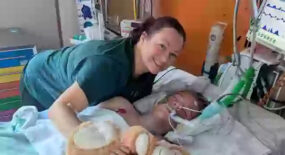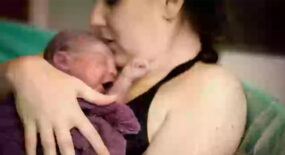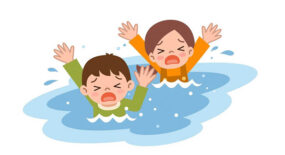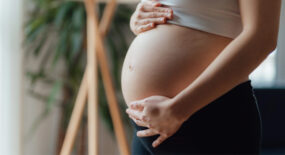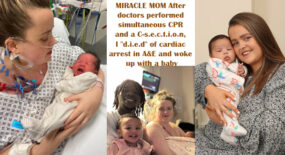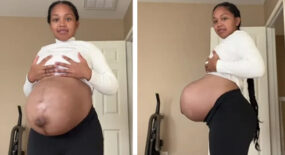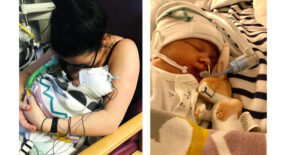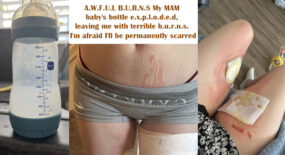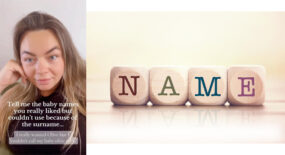Pregnant women are legally allowed to choose unassisted childbirth in England
An expert has said the growing trend of women ‘freebirthing’ at home is ‘risking their health, taking medical advancement back to the Middle Ages’.
After an Australian child d.i.e.d in 2022 after her mother gave birth in a birthing pool she had bought online, this warning has come up again.
England and Wales saw a staggering 594,677 live births last year, marking the first increase since 2021. Traditionally, pregnant women are taken to the hospital as soon as their baby is due, whether it’s time for a midwife to induce labor or when their water breaks.
However, a growing number of people are choosing to defy expectations by giving birth at home, a practice known as “free birthing.”
What is ‘free birthing’?
Free birth, also known as unassisted childbirth (UC), is the practice of choosing to give birth at home or somewhere else you feel safe without the help of medical staff, such as midwives and doctors.
Giving birth without medical professionals present is a legal choice in England.
However, in the absence of a midwife, a partner, friend or family member cannot assume their role or assume responsibility for the birth under law.
You may be sure that the NHS will continue to provide you with prenatal and postnatal care for the duration of your pregnancy if you choose a free birth.
You can also choose or decline any and all appointments, as well as feel free to change plans at any point.
What are the issues around ‘free birthing’?
Browne Jacobson claims that no official statistics on the number of free births in the UK are being gathered. It is acknowledged, although, that the practice is becoming more popular, with some women choosing to use a doula rather than a midwife to assist with childbirth.
As per Doula UK, a doula’s role is to “provide the whole family practical, emotional, and caring assistance during pregnancy, labor, and following the birth of a baby.” Trudi Dawson, their director, told the BBC that they are simply there for “advocacy and support” and do not carry out medical duties.
However, a senior obstetrician and gynaecologist, who didn’t want to be named, also told the publication that she is ‘terrified’ that more women than ever are opting to swap midwives and hospital expertise for home births.
“I just feel that letting women take that kind of danger with themselves, their bodies, and their baby – freebirthing – is risking their baby’s d.e.a.t.h and their own d.e.a.t.h in that extremely uncontrolled atmosphere,” she said. “I believe that it is going back to the Middle Ages.”
Speaking about the potential dangers of home birthing and employing Doulas, the medical professional said: “I have had to care for women who had to come into hospital as an emergency after home, unsupervised home birth, either with a severe tear or sometimes haemorrhaging.
“I have seen with a colleague, for example, that a woman was persuaded [by her doula] not to have a fourth-degree repair in hospital.
“And this woman ended up with a colostomy. So there’s some limited evidence that doulas are working outside the bounds of what they should be doing.”
Meanwhile, two other senior midwives claimed they’d heard stories of doulas allegedly keeping midwives out of home births, while one of them said a midwife found ‘equipment for Entonox [pain-relieving gas] and for an episiotomy for a doula’.
“This is where you really are crossing boundaries.” they said.
